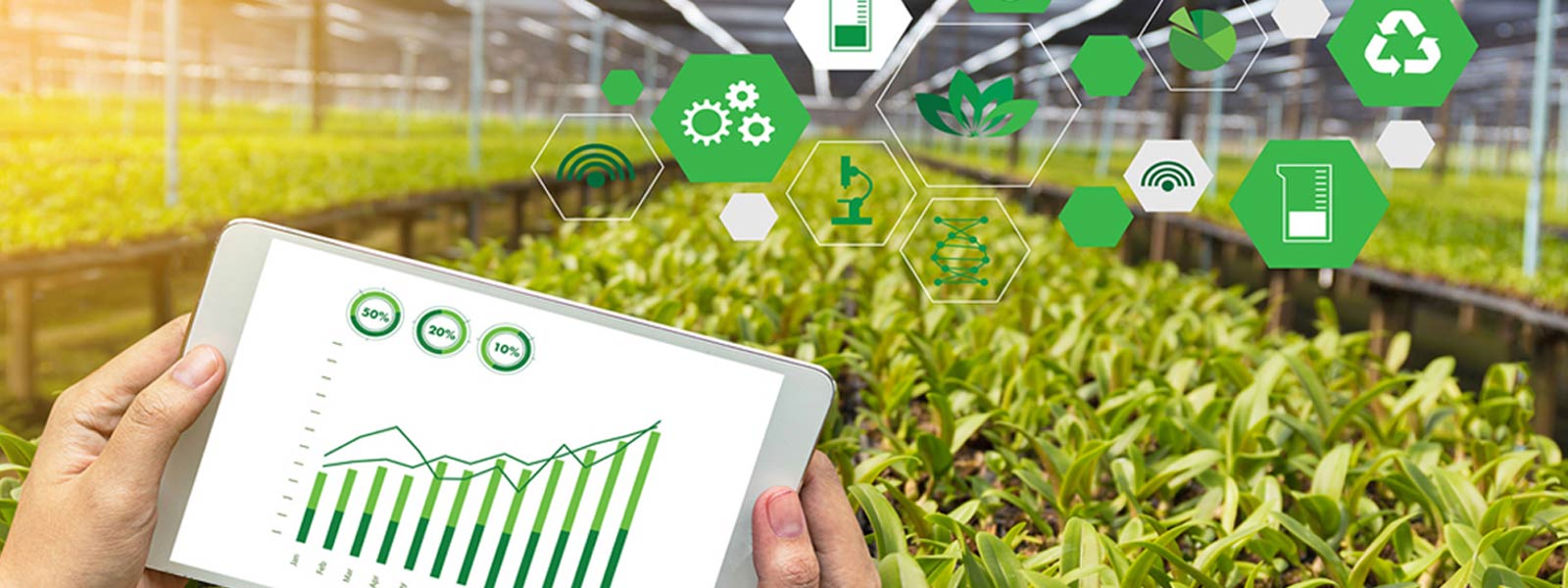The problems with agriculture’s productivity, sustainability, and resilience may be partially overcome with the aid of, in addition to agricultural machinery, digitalization. Large-scale adoption and positive effects of digital agriculture have been shown for row crop farms, but data on digital agriculture’s uptake among farmers of livestock and specialized crops is very limited. Adoption is often stymied by a number of factors, including but not limited to price (both initial investment and ongoing maintenance costs), lack of usefulness and application, complexity, difficulty of use, lack of user-friendliness, need for highly skilled operators, distrust of algorithms, and technological risk. Better information about the costs and benefits of various technologies (including intangible benefits like improved quality of life) is an important role for the national government to play in removing barriers to adoption. Investment in human capital, appropriate incentives for innovation, knowledge brokers and facilitators of data-sharing to spur inclusive, secure, and representative data ecosystems, and promotion of competitive markets are also important.
Agricultural digitalization in Zimbabwe
To increase both national and personal food security, the use of agricultural machinery such as Massey Ferguson tractors, New Holland tractors, combine harvesters, and farm implements for sale, along with ICTs is actively encouraged by the Zimbabwean government’s National Information and Communications Policy. In Zimbabwe, the dissemination of agricultural information is under the purview of the Agricultural Research Extension Services (AREX), which is part of the Ministry of Agriculture, Mechanization, and Irrigation Development. Agriculture-related services such as AREX’s research, extension, training, consulting, and technical help are available to farmers. The government of Zimbabwe is using information and communication technology (ICT) to improve the agriculture industry, with one example being the research council’s project Zarnet. A regional business has developed the e-Hurudza software suite to support the government’s agricultural reform initiatives. This curriculum covers all you need to know about farming, from crops and planting methods to inputs, machinery, and livestock.
Addressing low take-up rates
Due to low levels of public knowledge, education, and financial resources, as well as a lack of a legal framework in Zimbabwe, only a tiny fraction of the country’s smallholder farmers have purchased weather-based insurance (WBI) so far. Lack of awareness of information and communication technologies (ICTs), limited usage of smartphones and other ICT devices as a source of climate information, and inadequate aptitude to comprehend climate information are other barriers to the widespread use of digital Weather Information Services (WIS) are inadequate digital material on indigenous knowledge systems; a lack of effective support structures and facilities; a lack of alignment between information from multiple sources; a lack of measuring devices to allow farmers to gather field data.
Nearly a decade ago, the Zimbabwe Farmers Union (ZFU) began assisting its members in adapting to the effects of climate change. Since 2009, this group has been working to increase the number of smallholder farmers who embrace climate-smart agricultural practices. ZFU’s EcoFarmer Combo program has been actively promoting weather-based insurance and disseminating agricultural advice and warnings via Econet Wireless Zimbabwe. This ICT-based package charges €1 each month, is automatically withdrawn from farmers’ mobile money wallets (EcoCash) and provides weather-based insurance, real-time, location-based weather information, agricultural suggestions, and burial insurance cover. In order to achieve high throughput, scalability, and sustainability, ZFU and Econet Wireless Zimbabwe have taken the strategy of forming multi-stakeholder partnerships and alliances. The private sector (Econet) is at the center of the delivery mechanism for the packaged ICT solutions via their collaboration with ZFU, guaranteeing their long-term viability.
Awareness-raising for farmers
Farmers’ knowledge may be improved via the use of a web-based crop information system because of the simplicity with which new information can be shared. Farmers benefit from increased knowledge about high-yielding varieties, input sources, finance, improved management techniques, pest control, crop health, diversifying crops, and adopting integrated agricultural production technologies as a result of the availability and exchange of this information. Through this approach, the farmer has easy access to technology infrastructure as well as access to domestic and worldwide markets. As the price of internet access continues to drop, more and more small farmers may be able to afford the software. Population growth, land scarcity, increasing sea levels, and insufficient infrastructure are all factors that might hinder agricultural productivity and put food security in danger.
Tractors Zimbabwe Services
While a web-based crop information system enhances farmers’ ICT knowledge, Tractors Zimbabwe helps the farmers of Zimbabwe to get agricultural machinery at extremely competitive pricing. Tractors Zimbabwe has given the modest farmers of Zimbabwe a sense of security. Massey Ferguson tractors for sale, New Holland tractors for sale, farm implements for sale, combine harvesters for sale and other types of agricultural machinery give us faith in the project’s long-term viability.
Tags: agriculture, farming, machinery, tractors, zimbabwe

